Tesla’s Elon Musk overtook Bill Gates as world’s second-richest person, after Jeff Bezos – but will he stay there long after Covid-19?
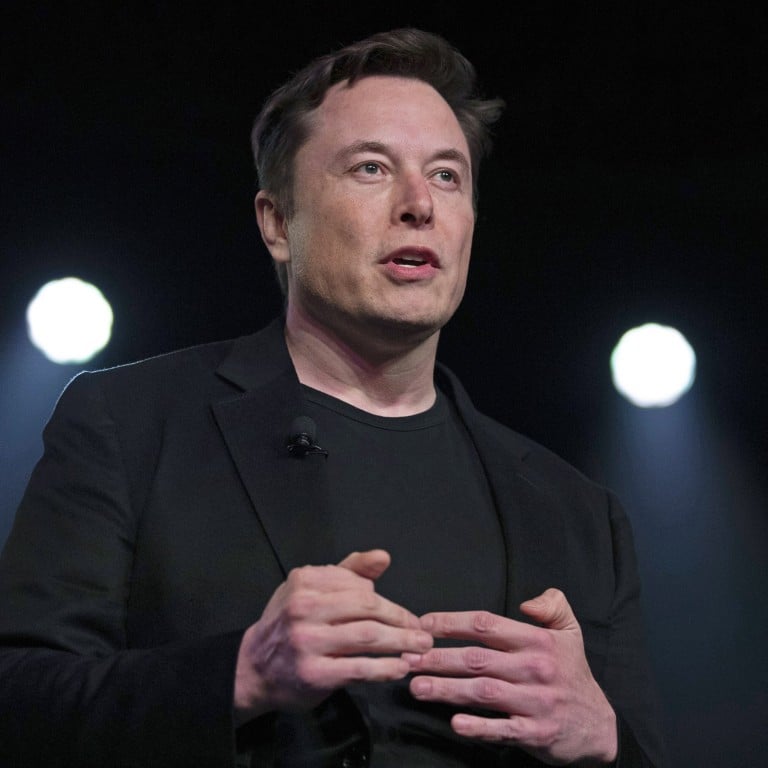
Musk’s rapid rise up the list comes ahead of Tesla’s hotly anticipated debut among the S&P 500 on December 21. After failing to enter the famous stock index during quarterly rebalancing in September, Bloomberg reported that Tesla is now set to become its largest new addition and its sixth-largest member by market capitalisation on joining.
The investment community is even debating whether Tesla should be added in one day or two due to its large size, The Wall Street Journal reported.
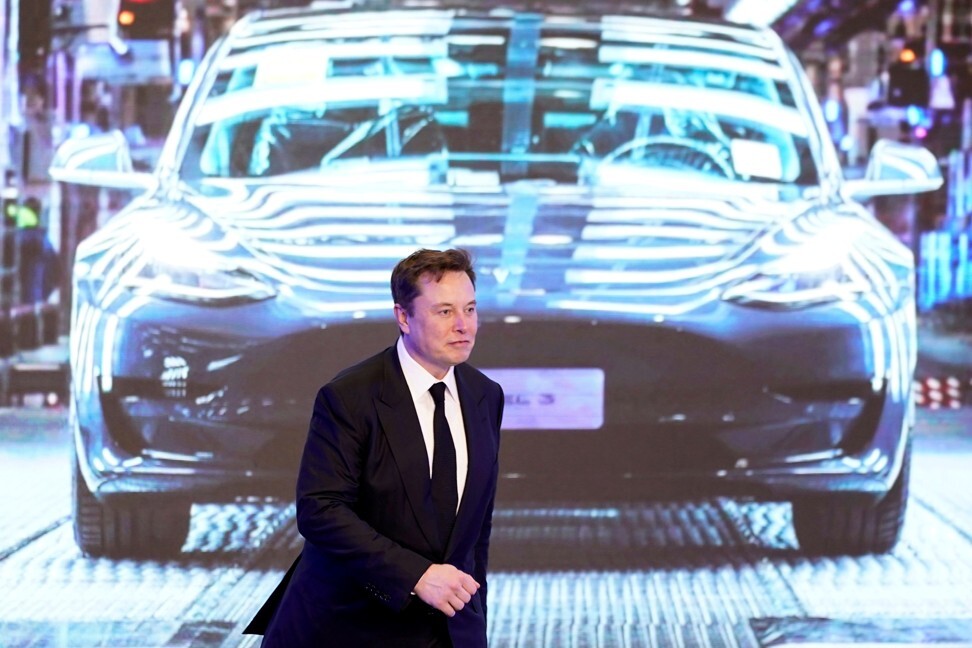
But as the Journal also points out, Tesla is “prone to huge swings in price”. That’s on top of the stock market being incredibly volatile during the pandemic.
Which is all to say – has Musk cemented his new spot on the billionaires’ list, or is it just a blip?
The man without a pay cheque
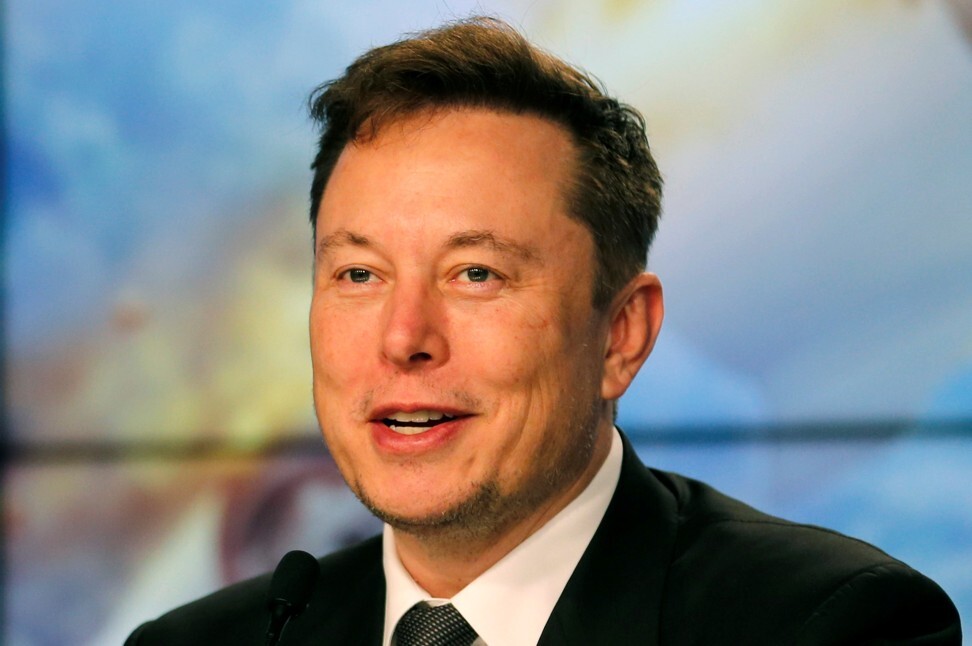
Musk famously earns his billions without taking a pay cheque from Tesla, refusing his US$56,000 minimum salary as CEO every year. In January 2018, Tesla announced it would pay him nothing for the next 10 years – no salary, bonuses or stock – until the company reached a US$100 billion market cap.
Instead, Musk has a complicated compensation package that results in massive paydays when he achieves ambitious performance goals.
It leaves Musk relatively “cash-poor”, with his fortune tied to stock in Tesla and his other companies, SpaceX and The Boring Company.
Musk has said over the last several months that he’s no longer interested in owning physical assets, announcing that he would “own no house”. He has since reportedly sold two of his California mansions.
In May 2020, Tesla achieved US$20 billion in revenue and had a sustained market cap of US$100 billion. This achievement allowed Musk to purchase about 1.69 million shares of Tesla stock at a discounted price.
That award was just a portion of the stakes Musk holds in his companies – he has shares worth US$98.9 billion in Tesla stock, US$30.7 billion in Tesla options, US$18.7 billion in SpaceX stock and US$101 million in The Boring Company stock.
Should Tesla’s stock plunge, Musk could easily be knocked from his second-richest perch, but with the company’s stock having an extraordinary year that has seen Musk make more money than anyone else during the pandemic, no one would bet against further growth.
Tesla did not immediately return a request for comment.
A stock boom
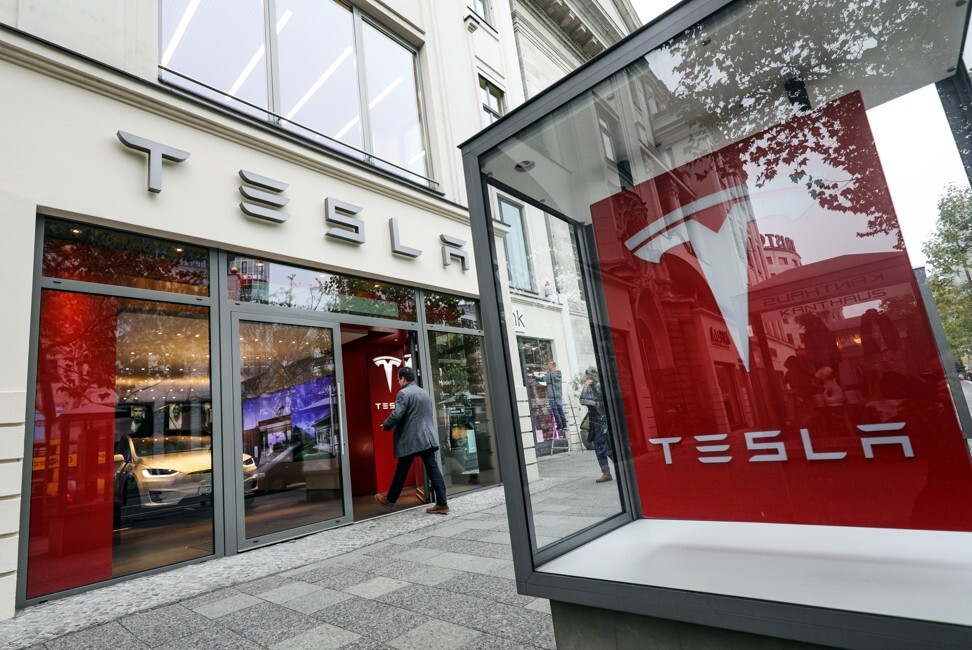
As of August, Tesla stock was up 732 per cent in 2020 alone, and Musk’s net worth has skyrocketed along with it. In May, he was worth US$40 billion.
By July, he was worth US$70.5 billion. His net worth rose by 197 per cent between March 18 and August 13, according to analysis by left-leaning think tank, the Institute for Policy Studies.
After the announcement that Tesla would join the S&P 500, his wealth increased by US$11.8 billion to US$114 billion. The next day it rose again, to US$120 billion, when Tesla shares spiked 10 per cent after Morgan Stanley gave the stock an overweight rating, according to Bloomberg.
Tesla’s positive trajectory in 2020 indicates that Musk is likely to hold onto his position as the world’s second-wealthiest man, especially when coupled with the glowing outlook for the S&P 500 as a whole. According to the Journal, the index is up by 13 per cent in 2020.
Morgan Stanley predicts the index will climb a further eight per cent by December 2021, while JP Morgan foresees it surging by 12 per cent by September 21.
If his stock falls, Musk has proven he can bounce back
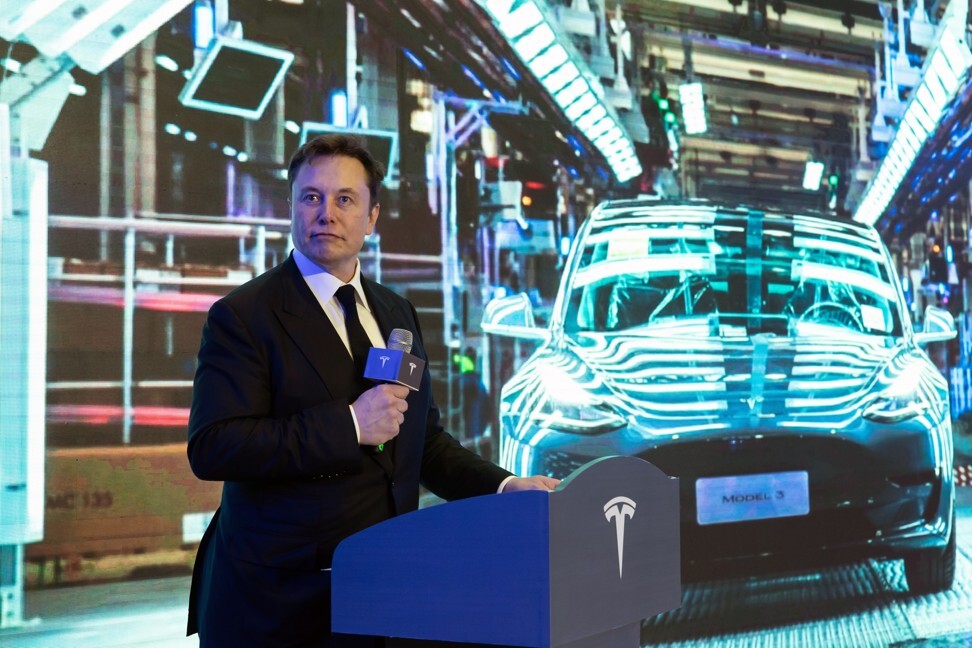
To be sure, stock-market predictions should always be taken with a grain of salt, especially during the uneven recovery that has characterised the pandemic.
Headlines from March, June and October all screamed of a plunging Dow as the coronavirus spiked. And while the S&P 500 is sitting pretty right now, it plunged by as much as seven per cent in minutes in March when the pandemic first hit, taking a month to regain the loss.
While the move to the S&P 500 could well boost Tesla stock even higher, the Journal suggested that such a large addition to the index may even bring the stock price down, meaning Musk might again find himself behind Gates – and possibly others.
Also, just as Musk’s net worth rose on the back of a surge in his company's stock price, another billionaire with significant equity compensation could vault over him on the back of a sudden increase in valuation.
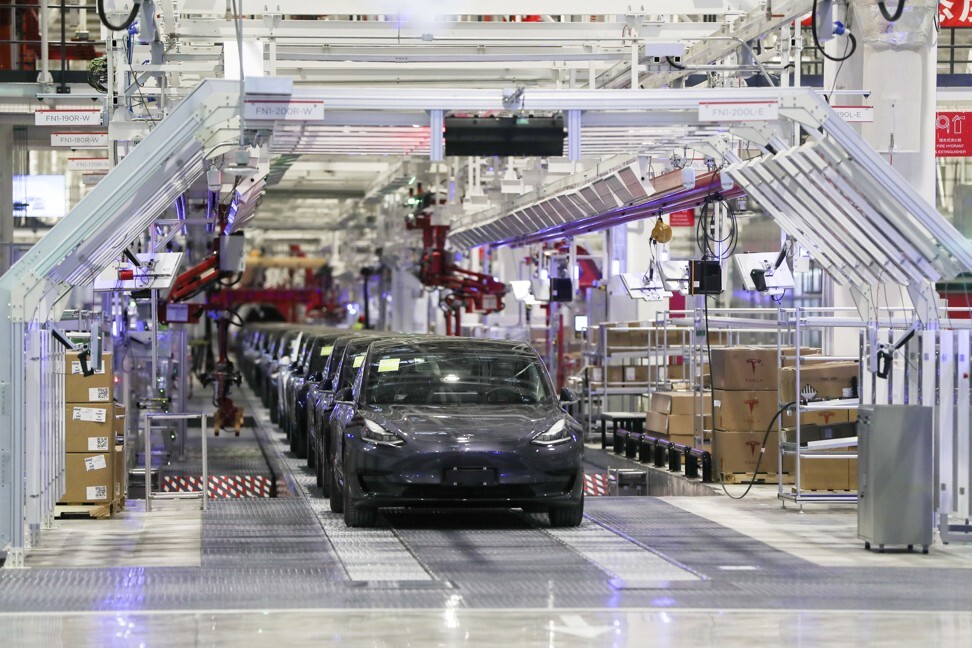
The Journal also cited a Goldman Sachs note projecting that Tesla’s move into the index means exchange-traded funds and other passive funds designed to match the S&P 500 will have to buy Tesla stock in the future, which could bolster its price, keeping Musk in second place.
If Musk’s success in 2020 so far is an indicator of anything, it’s that he’s able to bounce back, no matter what. He’s already hit the first milestone of a US$55 billion compensation package this year and in Tesla joining the S&P 500, Musk has put a floor under his fortune against any future fluctuations.
Want more stories like this? Sign up here. Follow STYLE on Facebook, Instagram, YouTube and Twitter .
This article originally appeared on Business Insider.

The CEO of Tesla, SpaceX and The Boring Company earns no salary and doesn’t want to own a house or any physical assets, but his stakes in his companies make him astronomically rich – will the bubble burst amid the economic fallout from the pandemic?